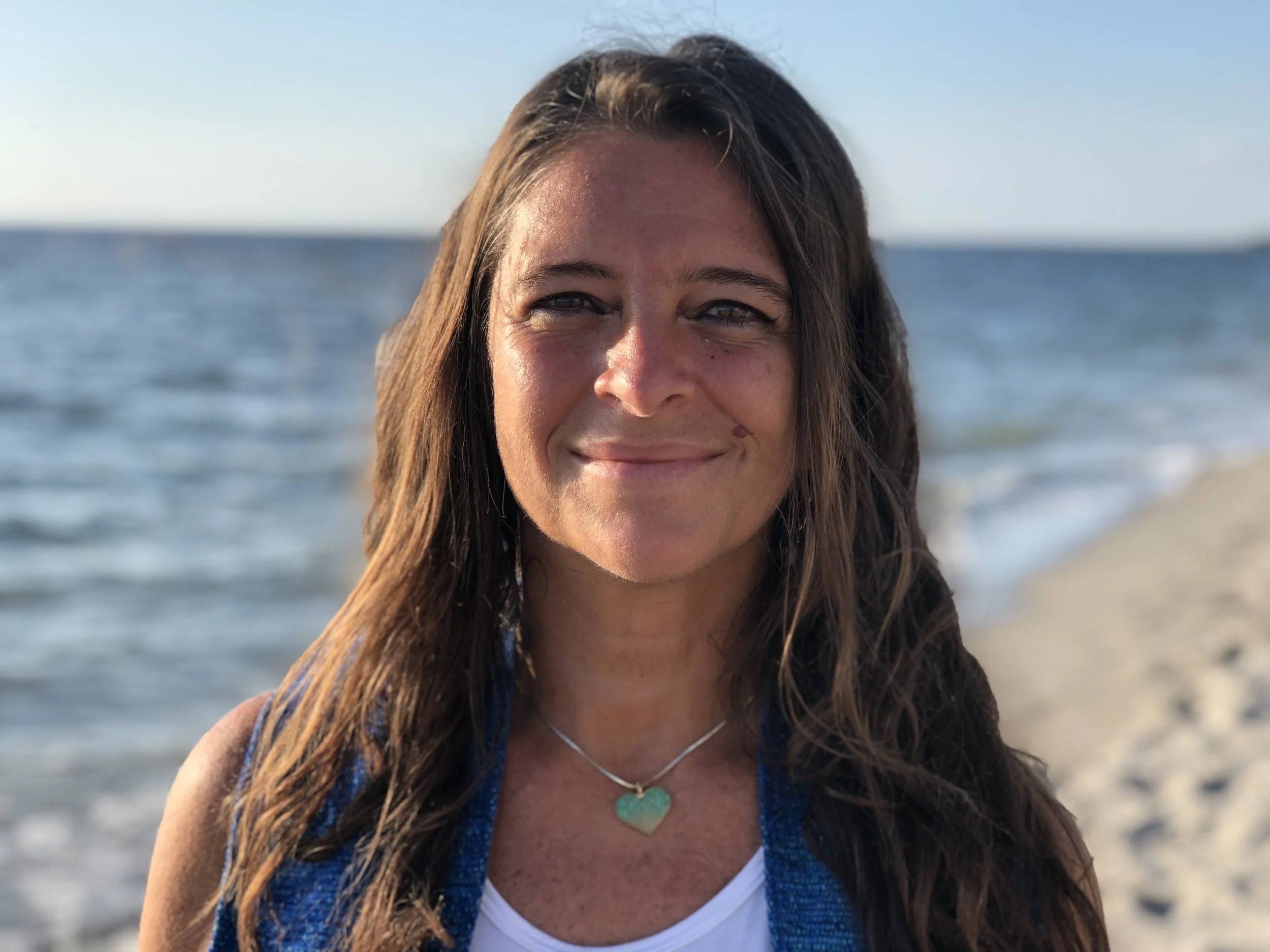Love Your Neighbor Under Your Feet (Dr. Toni Klemm)
Love Your Neighbor Under Your Feet
by Toni Klemm
The next time you are in western Oregon, I suggest visiting the Willamette River. Winding through lush, green forests and magnificent wetlands bursting with native fish, like Chinook Salmon, Steelhead Trout, Oregon chub, and other wildlife, it is a beautiful part of nature. There are hiking trails and campgrounds, too. It was not always like that. The river used to be deprived of wildlife, because foresters cleared trees that fell into it thinking they would help the ecosystem. It took years of research to understand that those dead trees in the water created the very habitat that made the river teem with life, and even more work to reverse what we once thought was right.
I grew up feeding sheep, making hay, and growing apples on my family’s small farm in eastern Germany. I knew milk did not come from the grocery store, neither did jam or bread. For me to enjoy a good breakfast, a farmer had to raise a cow, nurture an orchard, and grow a crop from the soil and the water God gave us. That’s how it was, is, and will be.
We realized we could produce more by using fertilizer, reduce weeds and bugs with pesticides, and grow in new places through irrigation. We produced more abundantly, food was more affordable, and fewer people starved. Somewhere along the way, however, something went wrong. Wells dried up. The chemicals we put in the ground to produce more started polluting our rivers and lakes, killing fish and plants, and, consequently, disrupting the food chain all life depends on. That which feeds us was harming our planet. Something needed to change.
You might be expecting me to segue into climate change at this point, but the issue is much bigger than releasing planet-warming gases into the atmosphere.
Coreopsis wildflowers by Toni Klemm.
“Love your neighbor as yourself” is an often-cited passage from the Bible. To me, that has never meant just my literal neighbor, but everyone around me, everyone I interact with, and everyone who is affected by what I do (or do not do). I care for others as I hope they would care for me reciprocally. But what if that neighbor is not a fellow human; rather, that neighbor is the earth, the foundation our lives depend on? Earth provides me with clean air to breath, clean water for my morning tea, and healthy soil to grow the food I eat. It does that for all of us, so why shouldn’t we care for it, too?
When God created everything, They gave us dominion over creation. But God also created us as caretakers of Their creation. I’m not sure we are doing such a good job with that, given that species are going extinct, oceans are becoming more acidic, and rainforests are disappearing. Science tells us we are hurting our planet. Science also gives us tools to change that. We just need to conjure up the will to change.
I recognize that change is difficult. I recently moved back to Germany after living in the U.S. for the last nine years. My wife and I were excited to move here, but settling in is challenging when the environment is no longer familiar to you. Germany is not the same as it was in 2012, nor am I.
Helping humankind change—to unlearn what we now know is wrong and do it better—has been driving my work as a researcher for the last ten years. In agriculture, we thought more fertilizers and pesticides would only help us save more people from starving. Since we have discovered their downsides, researchers, like my colleagues and I, have been working on ways to do things better. For example, we are studying how certain plants help enrich the soil with natural fertilizer, how ploughing techniques can reduce weeds, and how flower strips between crop fields attract birds and pollinators that reduce bugs and pests without glyphosate and other chemicals, while also saving farmers money.
Some are convinced that humans do not have the ability to change our planet, only God can. I disagree with that. As a scientist, I do not see the evidence backing this up. To the contrary, not only do we change our planet, God gave us brains to understand what we are doing and to find other paths when we see that we are moving in the wrong direction. Global change, the collective term for the kinds of changes occurring everywhere in our environment from climate change to species extinction, is not only happening because we are moving in the wrong direction, but also because we are not changing course.
#####
Dr. Toni Klemm is a geographer and studies the impacts of climate change on agriculture. He earned his Ph.D. in geography from the University of Oklahoma in 2018 and had research appointments at Texas A&M University and the U.S. Department of Agriculture. A native from Germany, he currently lives and works in the Berlin area. Toni is a member of Friends Congregational Church, United Church of Christ, in College Station, Texas. This piece is part of our Spring 2022 collection, Dominionism.








